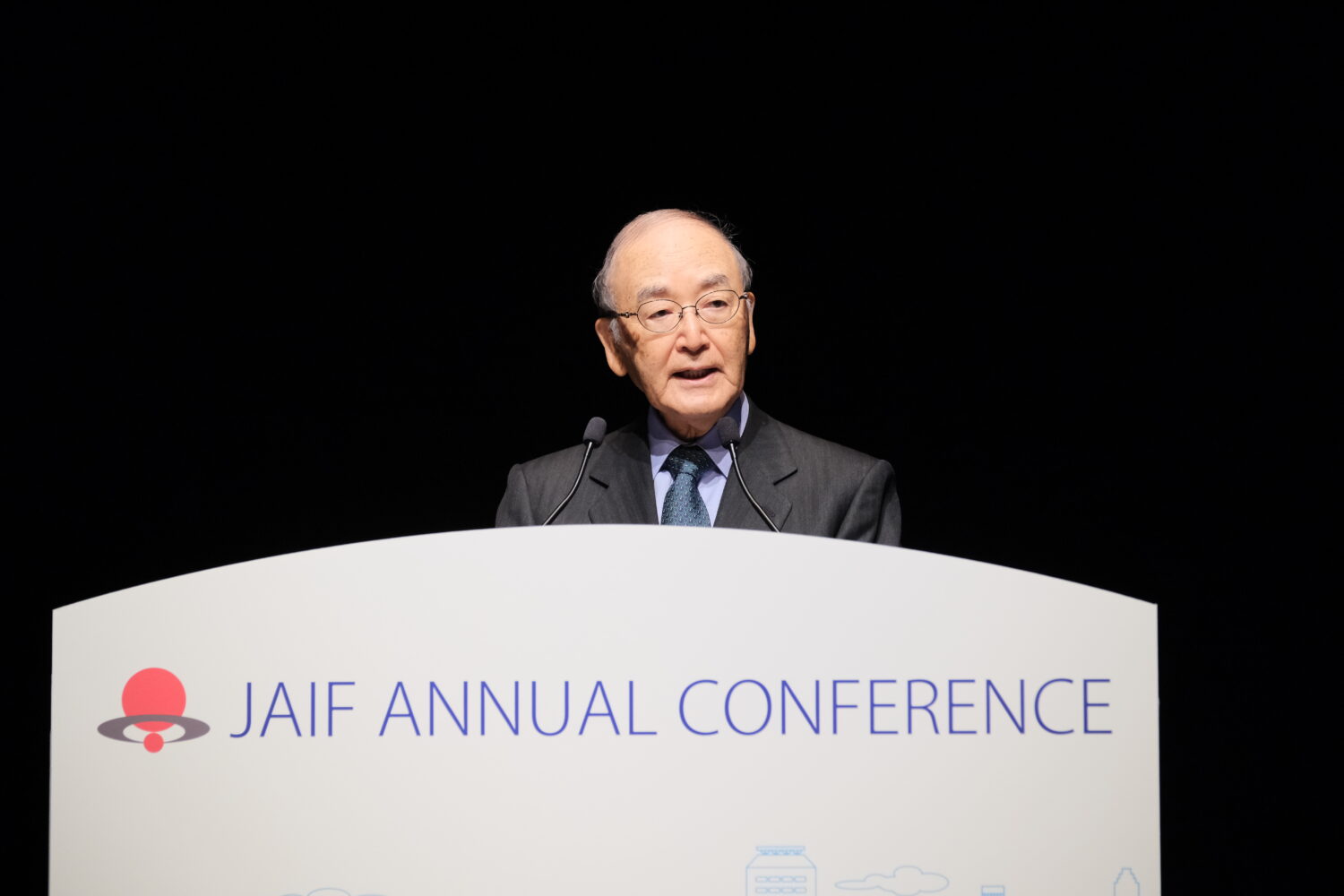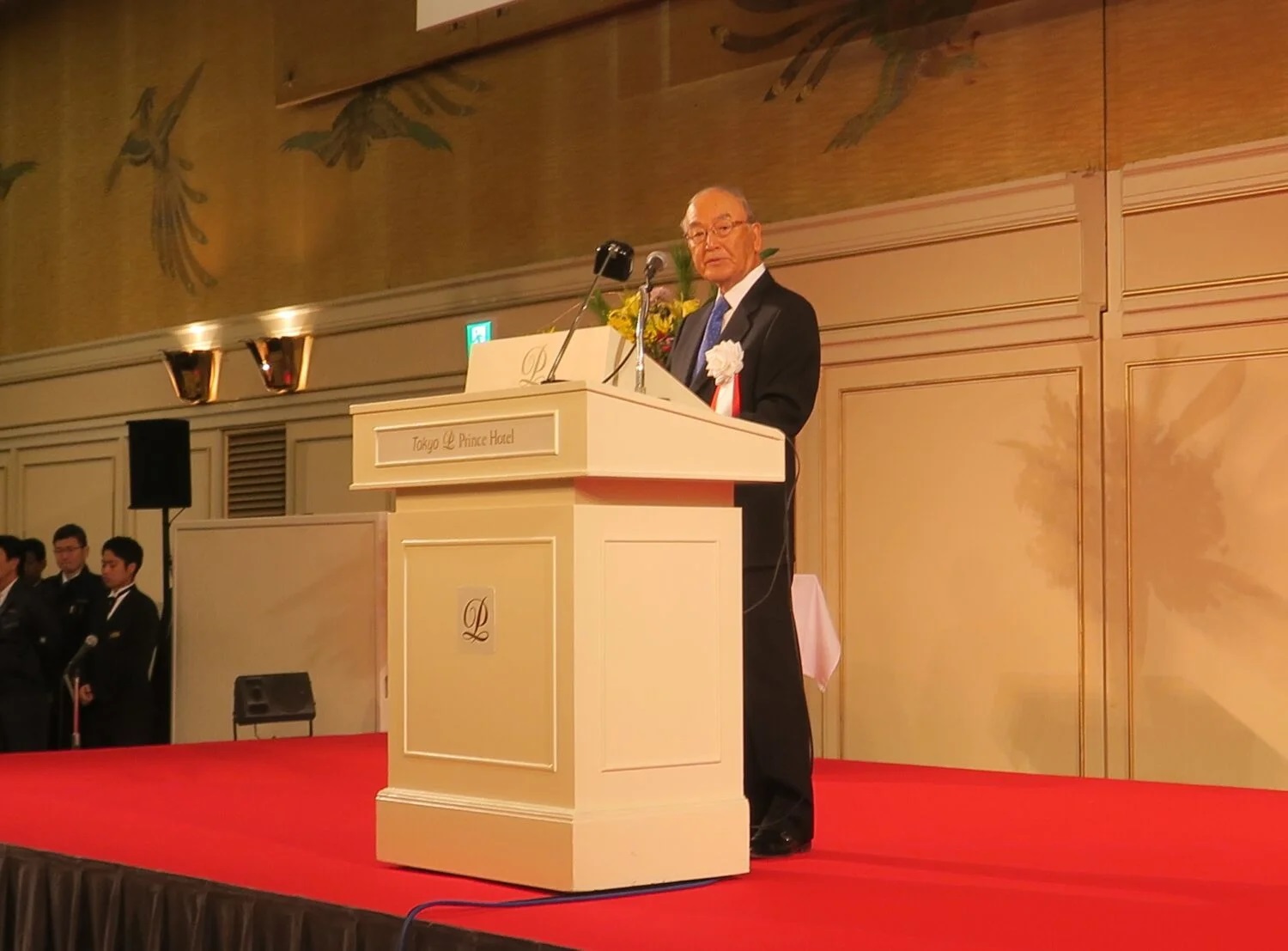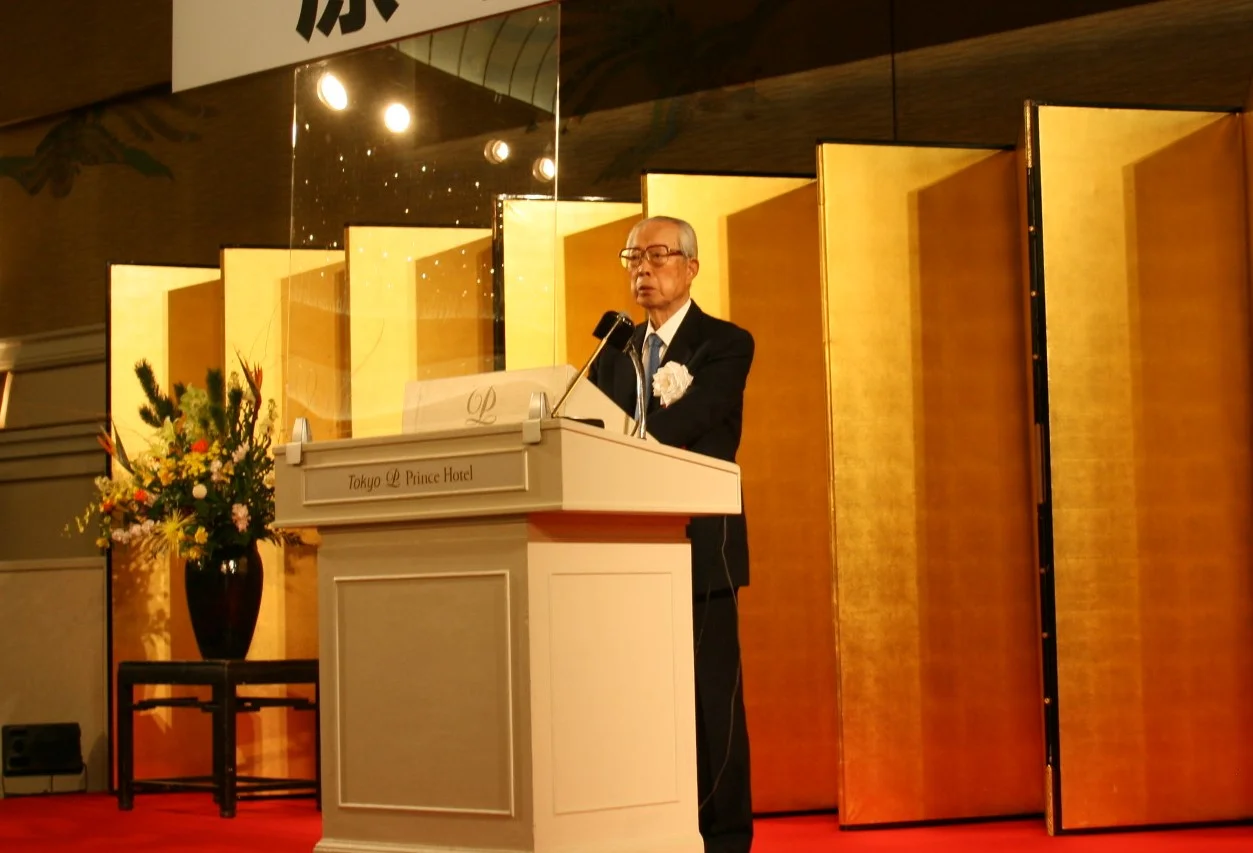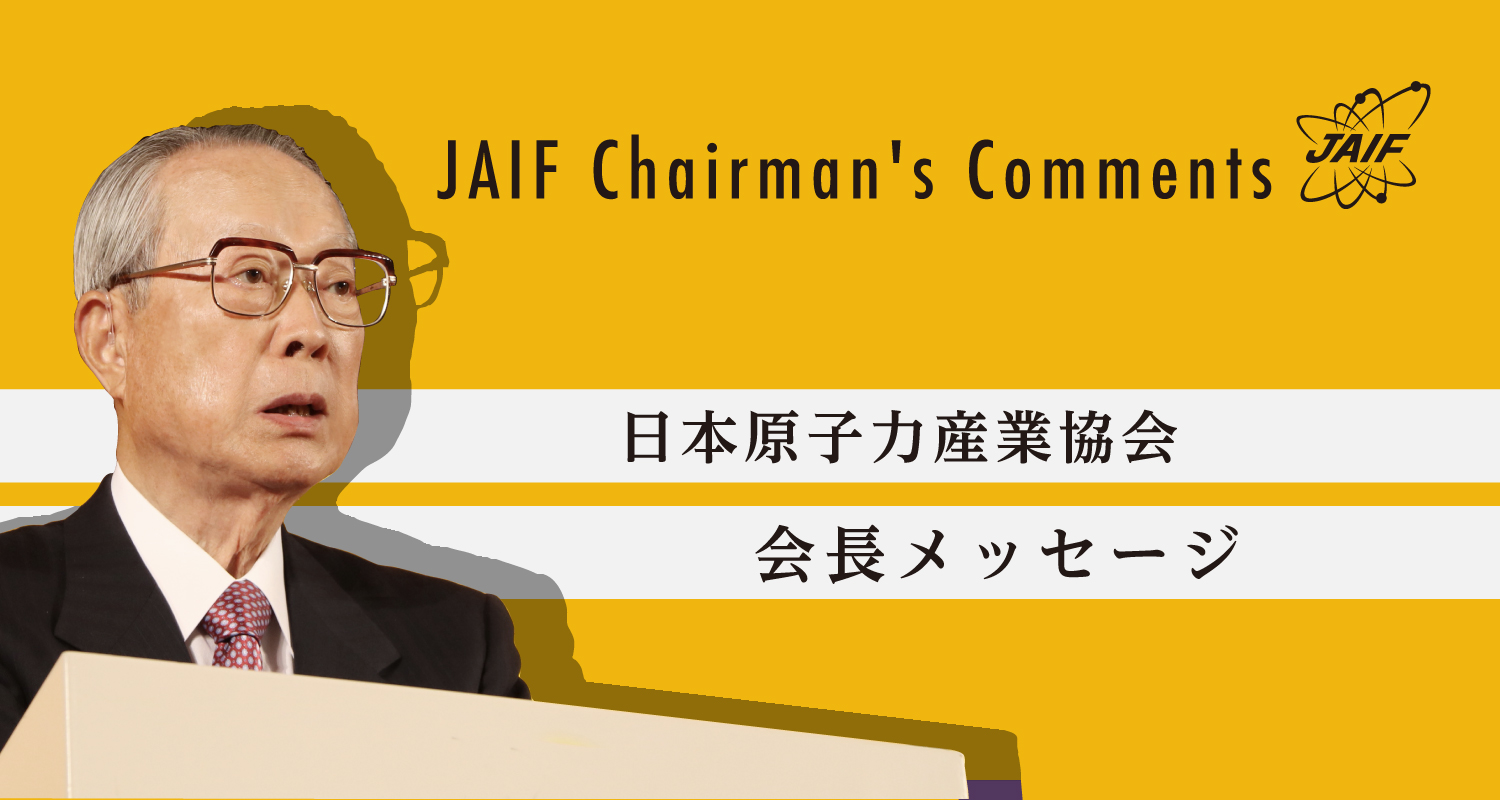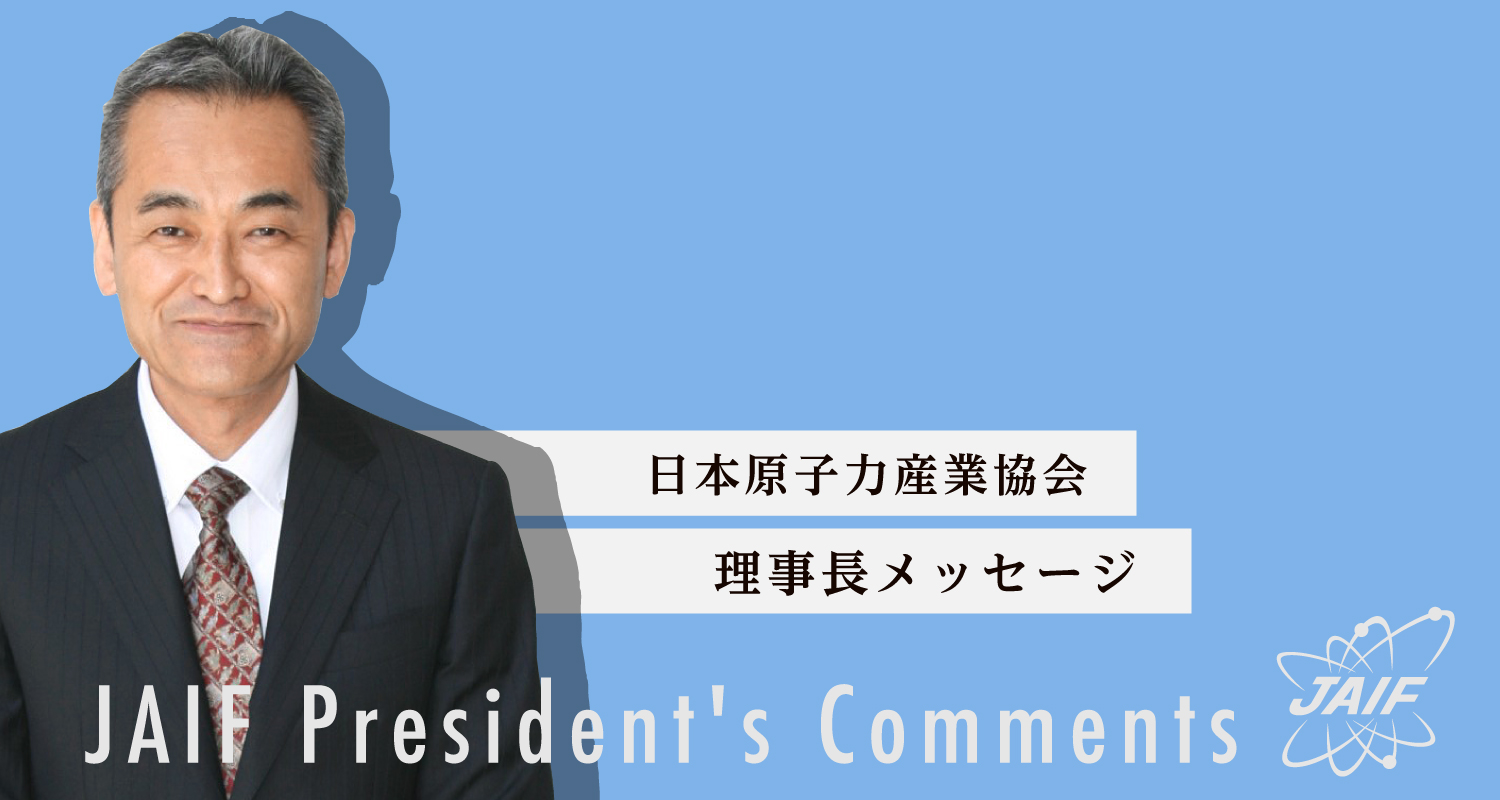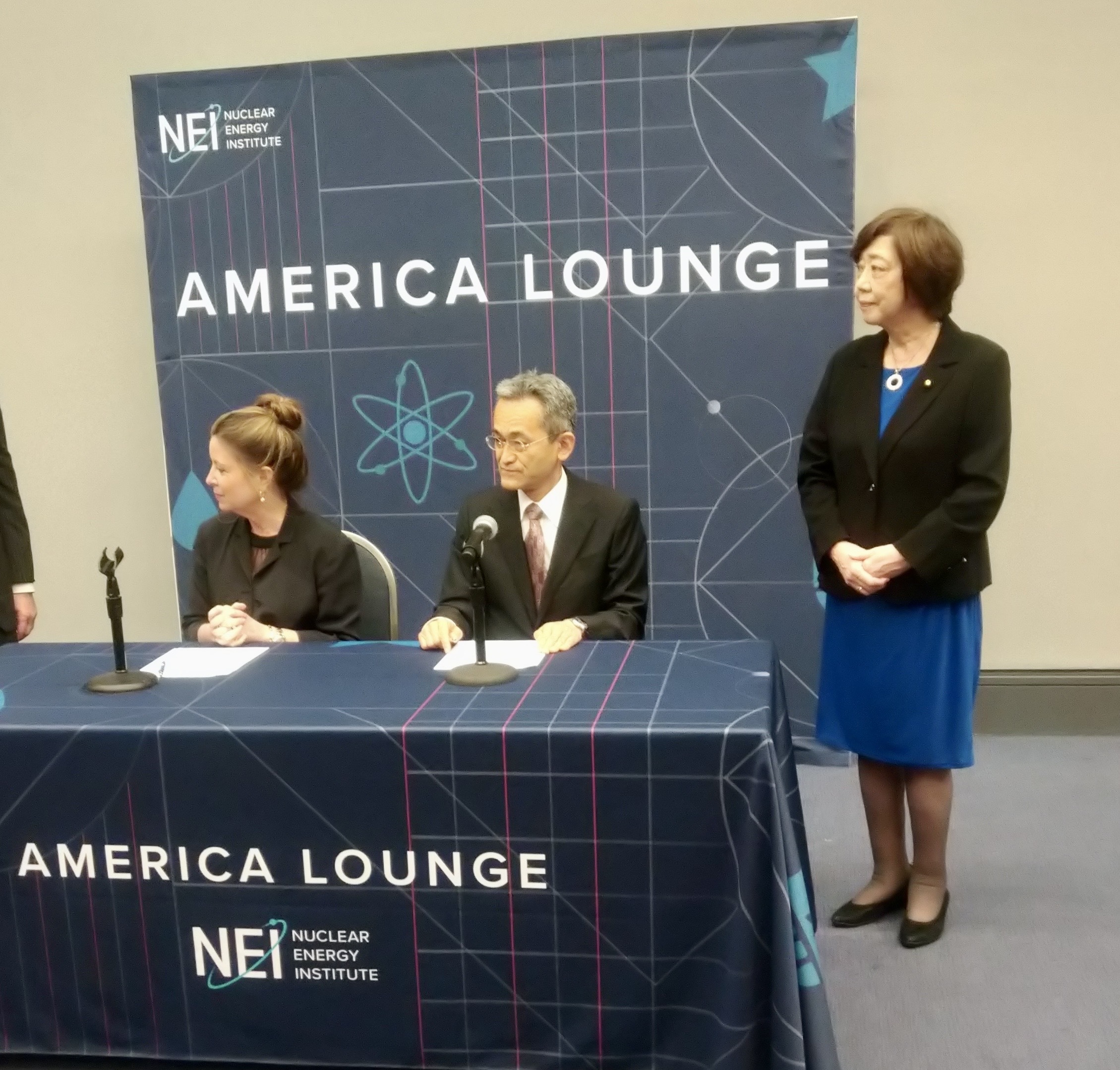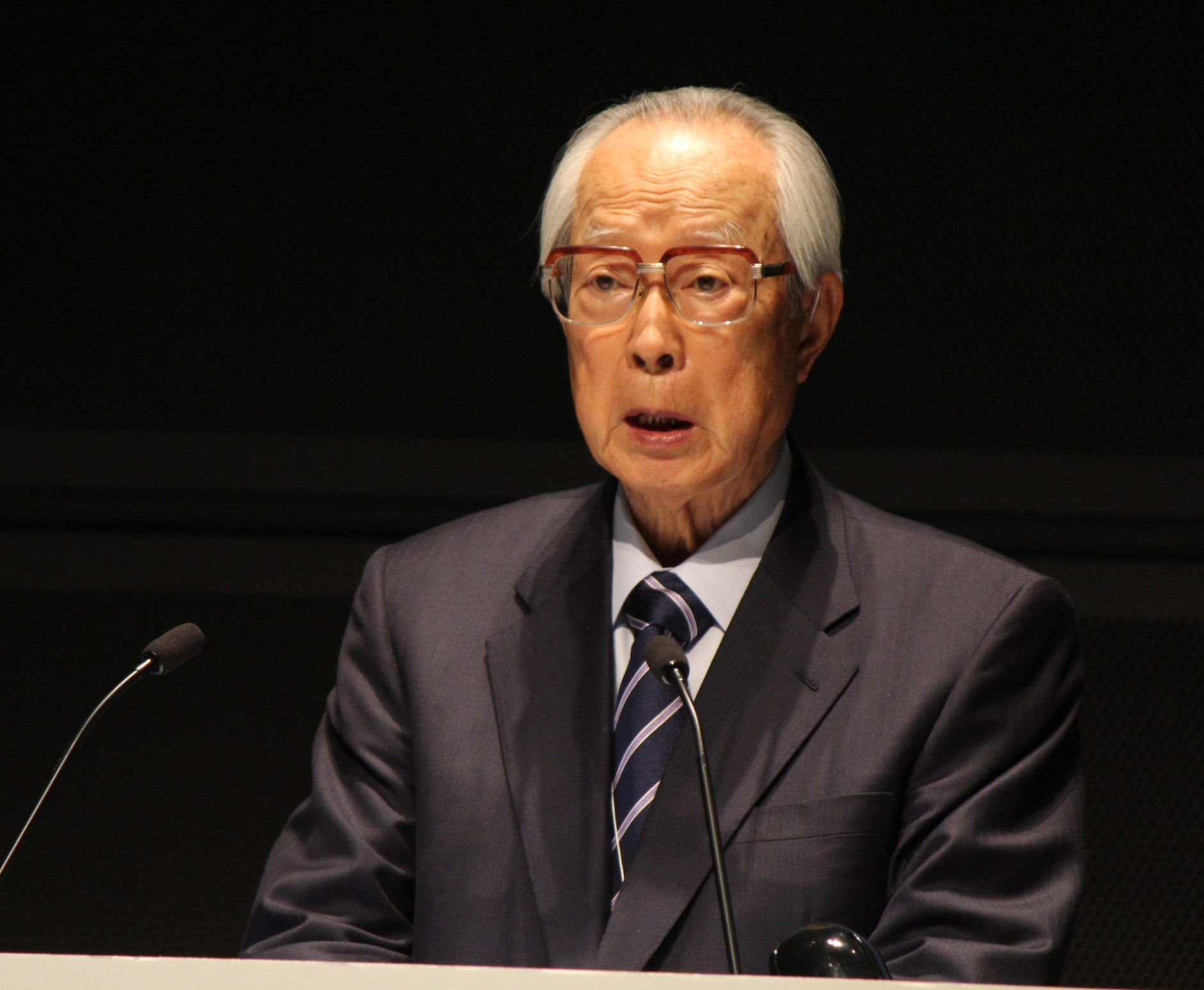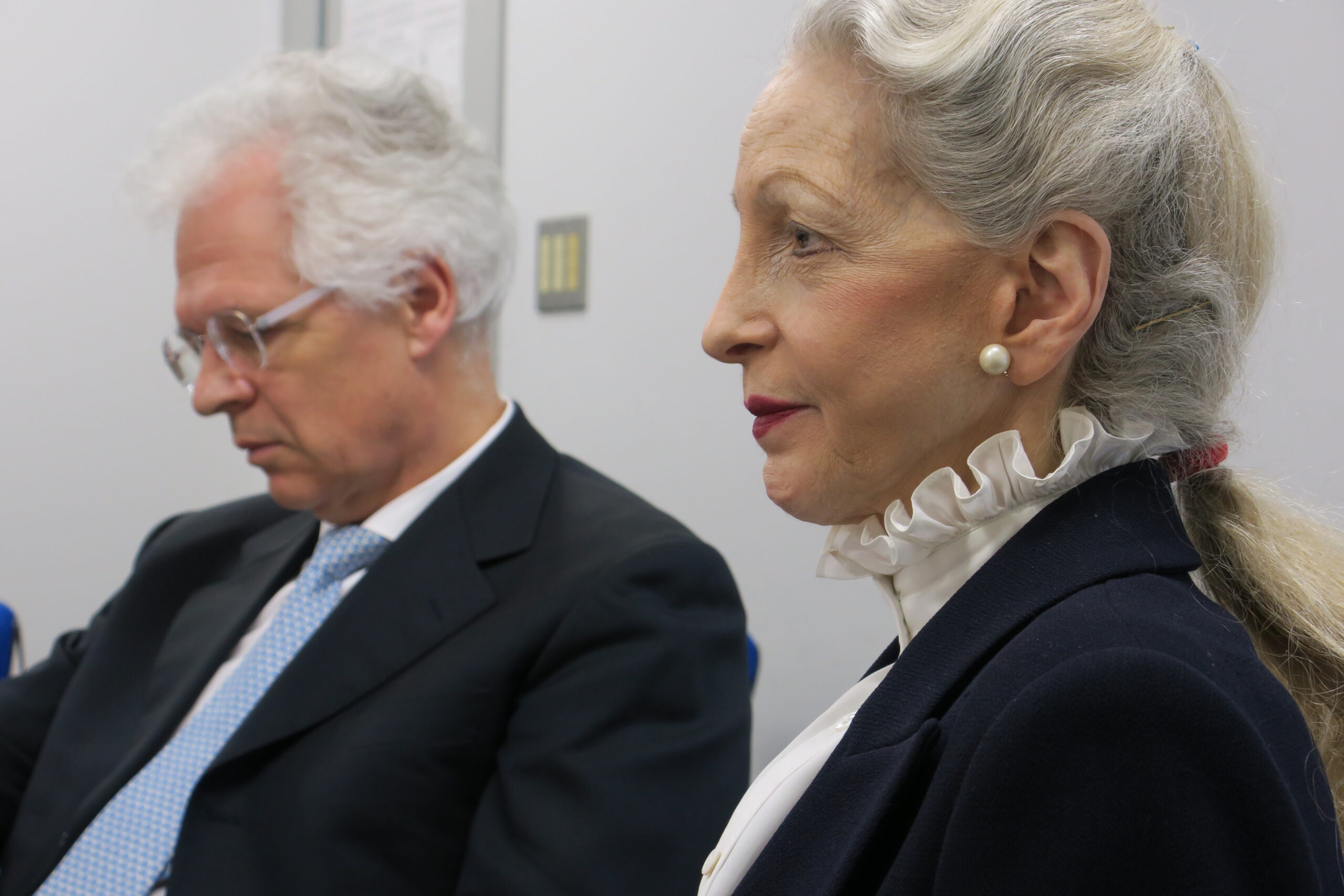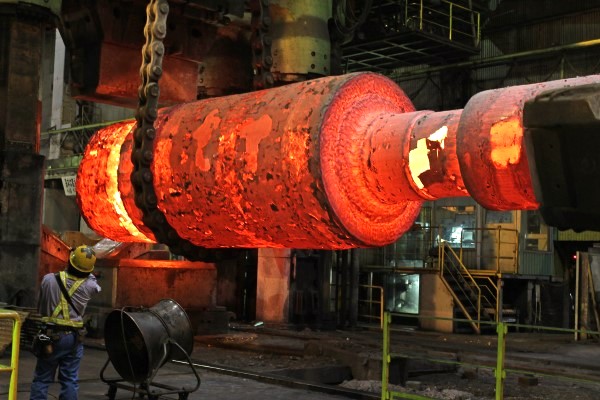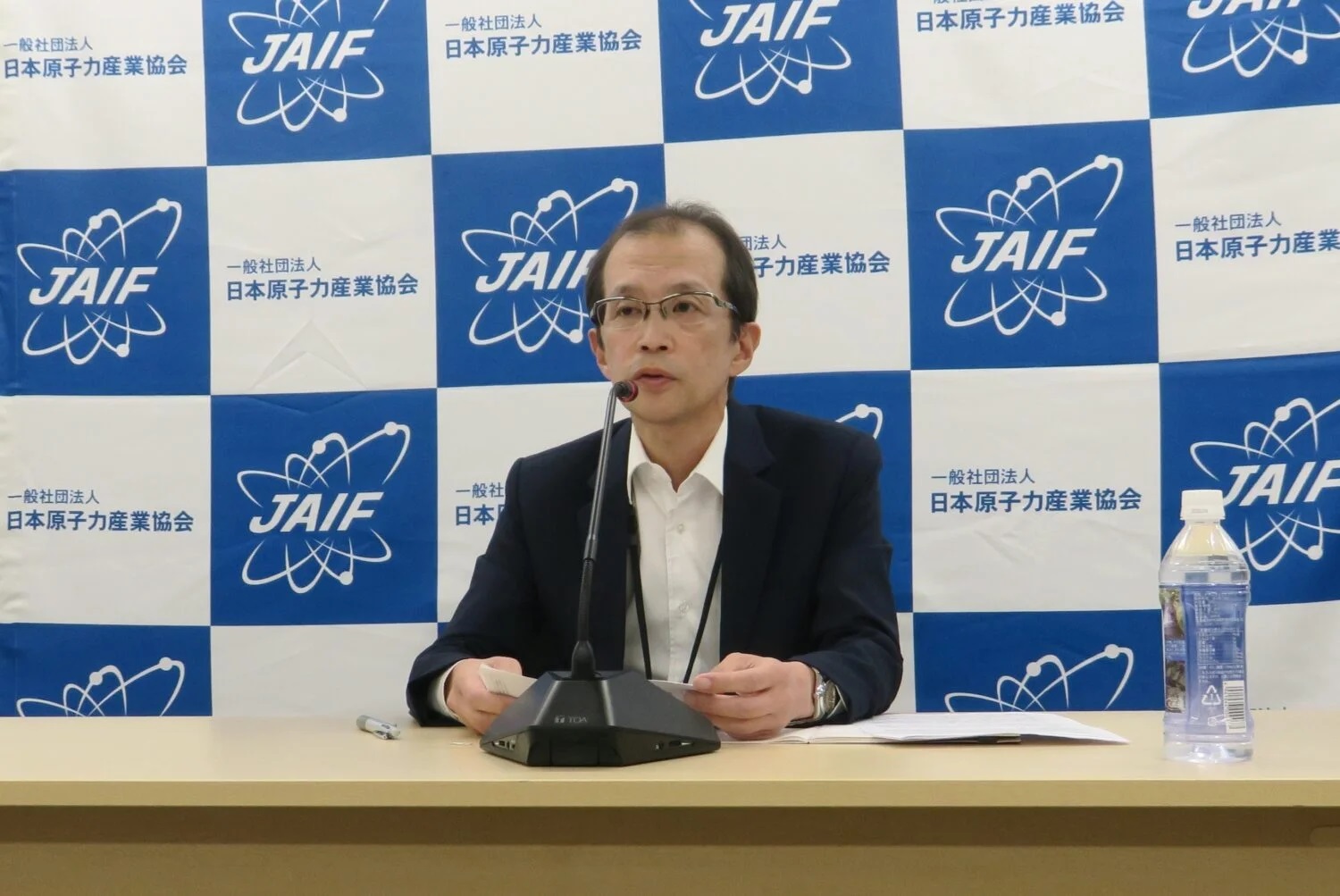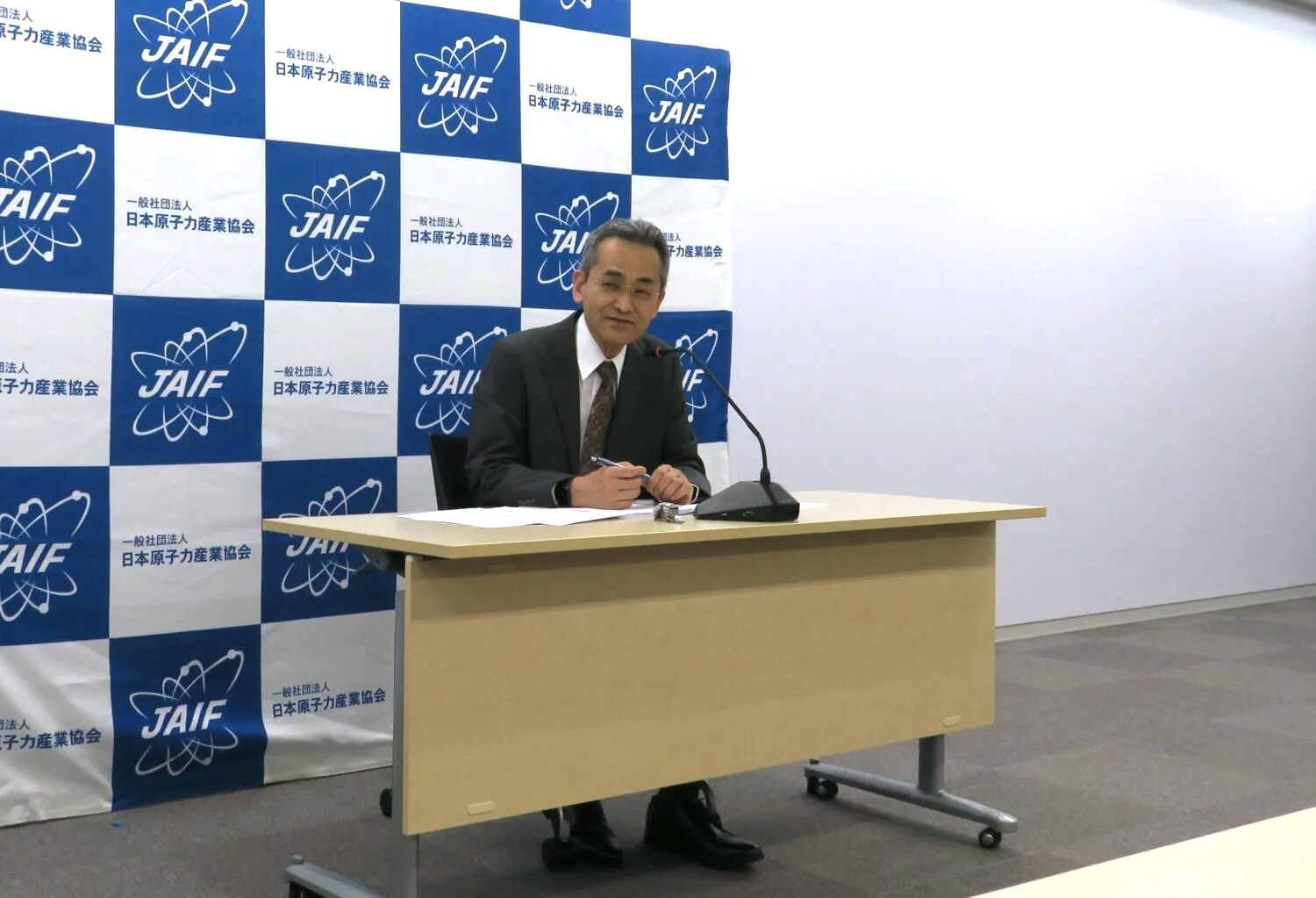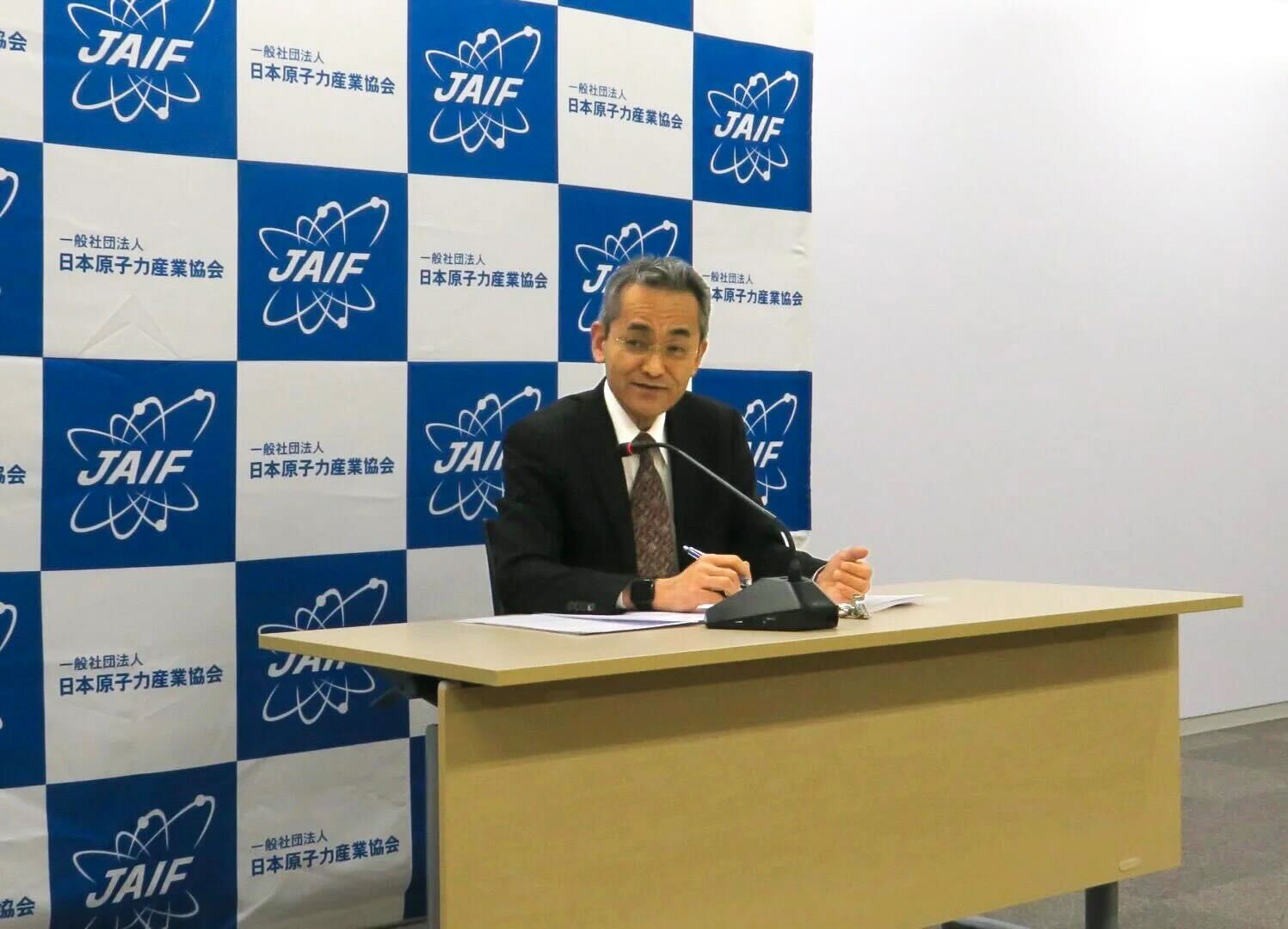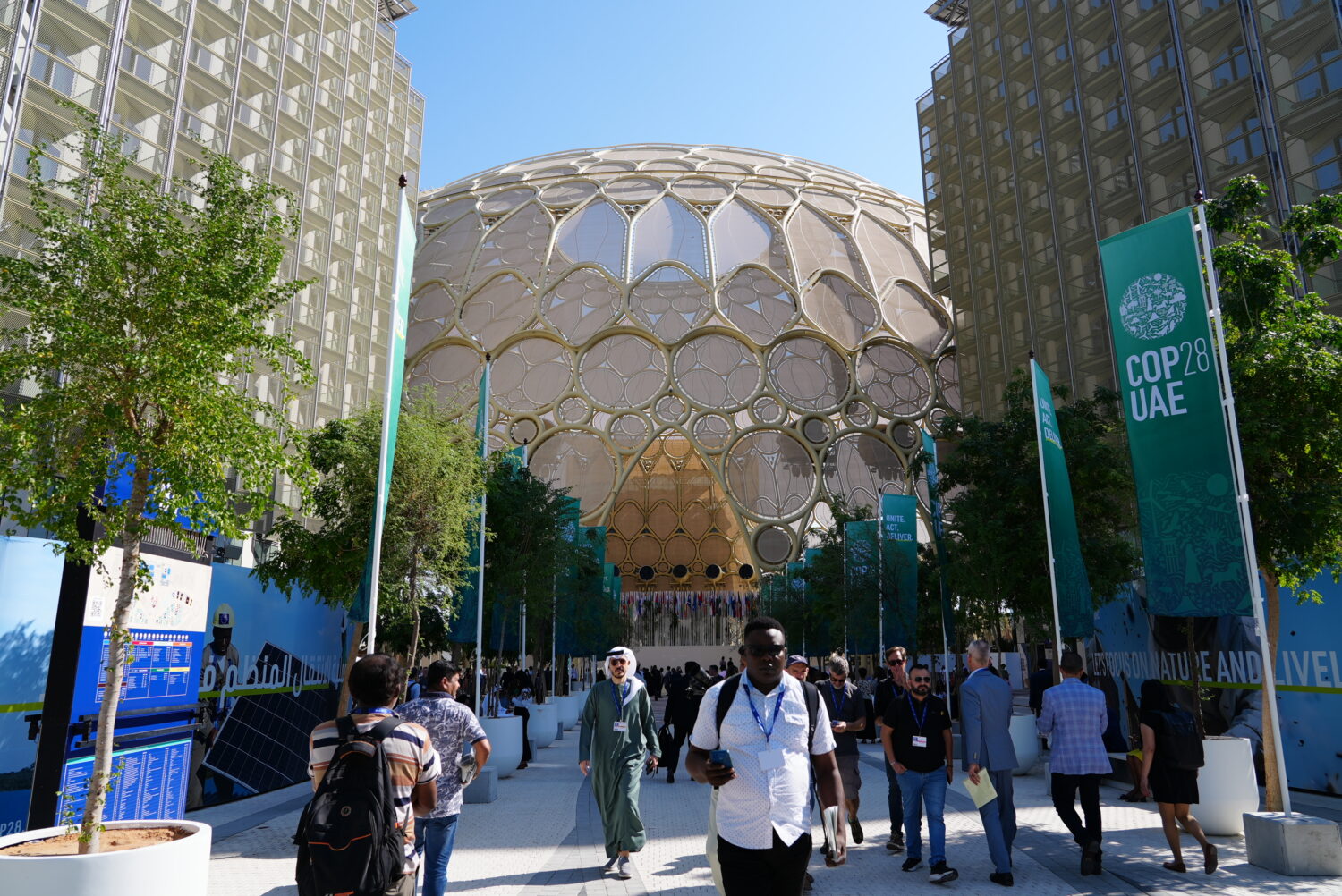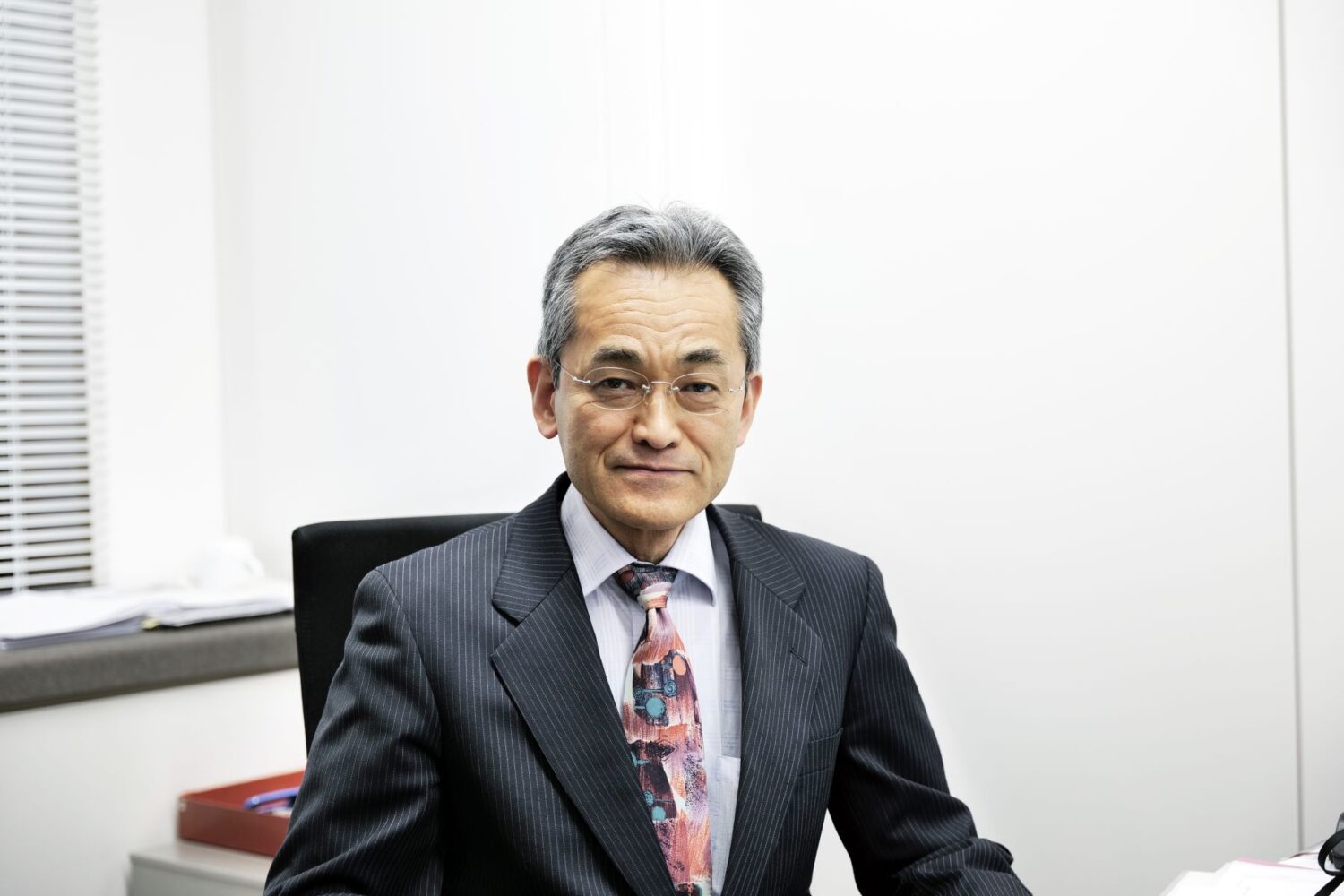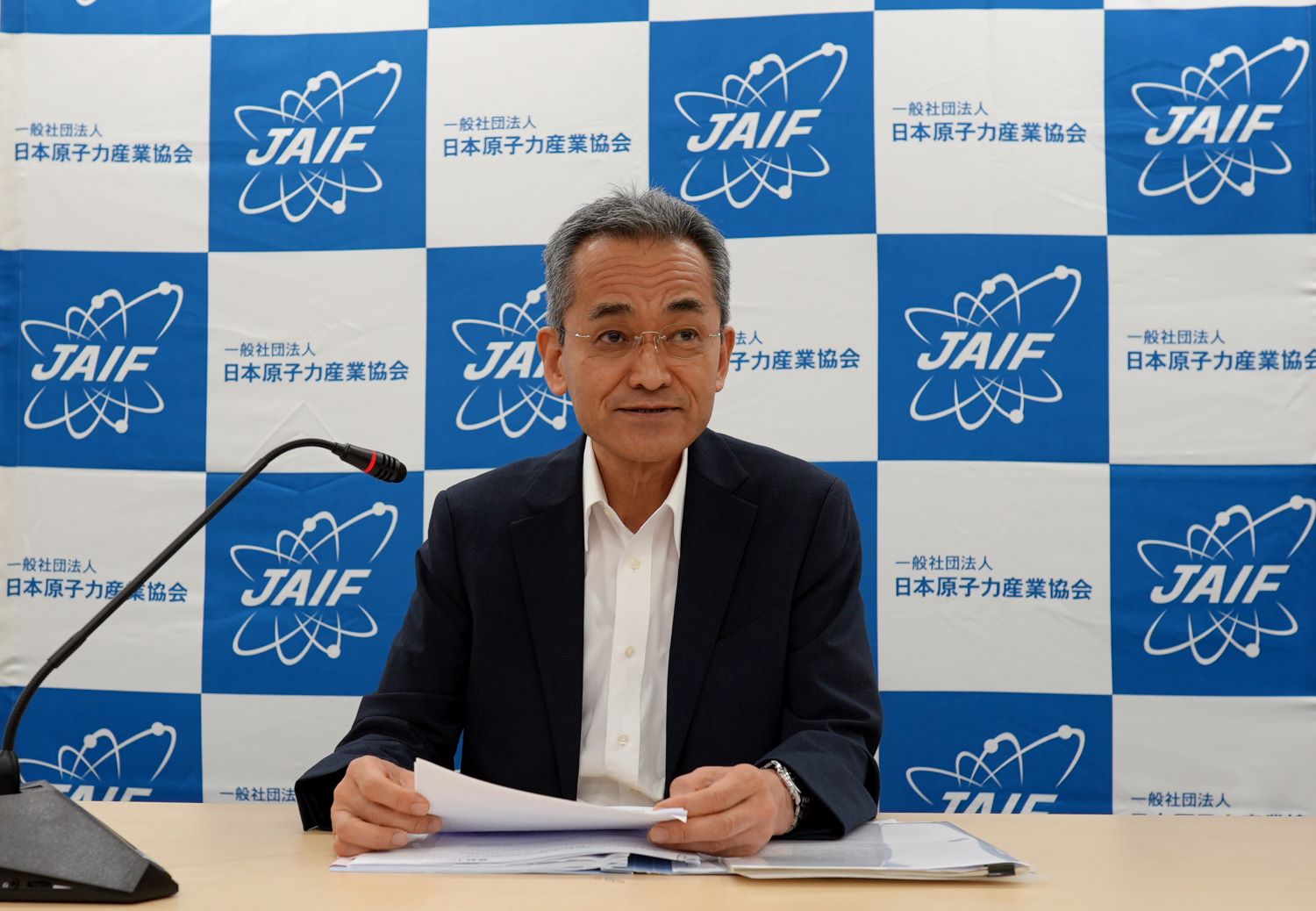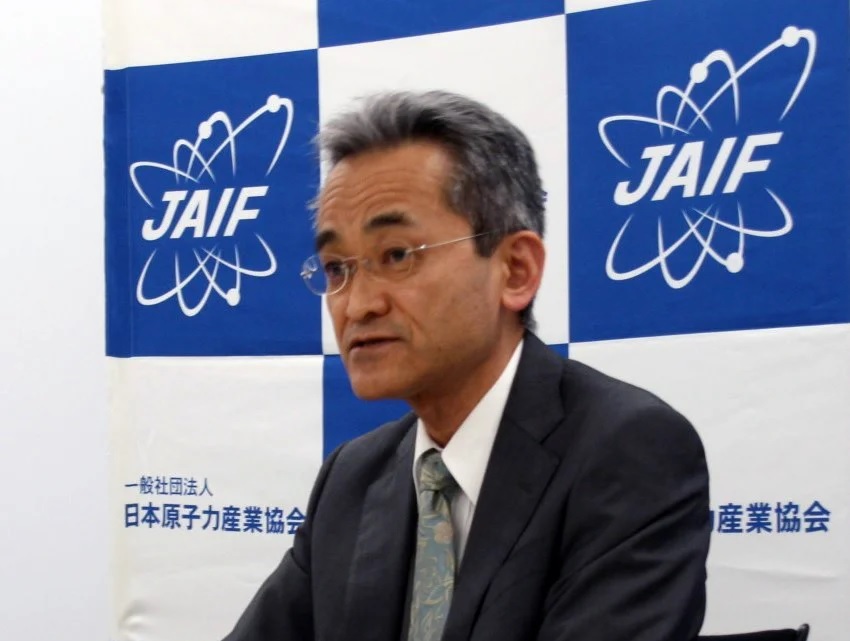Last month’s COP28 in Dubai conducted the first Global Stocktake, which is a mechanism for assessing—taking stock of—the implementation of the Paris Agreement and collective progress toward achieving its goals. The document adopted at COP28 incorporated language accelerating the use of no- and low-emission technologies, including nuclear, so as to reduce greenhouse gases. It was the first time in COP history that the low-carbon value of nuclear energy was recognized and clearly stated in an official document. That is quite significant.
A total of 25 countries at COP28, including Japan, the United States, the UK, France and Canada, signed a joint ministerial-level declaration ambitiously pledging to triple global nuclear energy capacity by 2050 from the 2020 level. The ultimate goal is limiting the average global temperature increase to 1.5℃ above pre-industrial levels, as set forth in the Paris Agreement.
In response to that, JAIF, together with 120 nuclear-related organizations and companies worldwide, signed a pledge promising their best efforts toward achieving the goal. Recognition of nuclear energy has been increasing year by year at COP, and it is certainly well understood by now that nuclear energy is an effective means to combat climate change.
Domestically, Japan’s policy has been to proceed simultaneously with efforts to achieve decarbonization, stable energy supplies and economic growth. Policies and basic guidelines for the maximum utilization of existing reactors, and for the development and construction of next-generation advanced reactors, were clearly shown last February in the basic policy aimed at implementing the country’s green transformation―GX―followed by cabinet approval of the GX Decarbonization Power Supply Bill and the determination of the “Grand Design for Future Nuclear Policy and Guidelines for Action Toward Realization.”
The Japanese nuclear industry has a responsibility to contribute to society through its nuclear-related businesses, including the early restart of nuclear power plants (NPPs), the development and construction of new NPPs, the completion of the nuclear fuel cycle, Fukushima reconstruction, the maintenance of the nation’s industrial infrastructure, and the strengthening of international cooperation, while staying mindful of the lessons learned from the Fukushima Daiichi accident and making untiring efforts to improve safety.
Today, at the start of 2024, I would like to talk about the four focal points of JAIF’s activities this year, as follows:
Obtaining Understanding on Nuclear Energy
For Japan to successfully pursue an energy policy that includes nuclear utilization, it is essential for the public to understand nuclear energy. We will voice our opinions and make proposals on the maximum use of nuclear energy, including the construction of new NPPs, and promote understanding on the use of radiation and radioisotopes. Through the dissemination of information via dialogues with the media and using various tools (Atoms in Japan, our website, social media, mail magazines, books, and more), we will demonstrate the value of nuclear energy. We will also conduct our endeavors through activities for two-way understanding with future generations and concerned local organizations.
Support for Fukushima Reconstruction
Last August, the Tokyo Electric Power Co. (TEPCO) started the offshore release of water treated by the Advanced Liquid Processing System (ALPS) from Fukushima Daiichi. JAIF has worked to provide accurate information on the release and to promote understanding domestically and overseas. It will continue sharing information on Fukushima through its various activities, including on-site tours, to help counter and prevent unfounded fears and rumors.
Developing Human Resources
The sustainable growth of the nuclear industry requires the securing and continual education of human resources across a broad range of areas. We will strive to make young people aware of the important, attractive, and rewarding careers and opportunities that our industry can offer. Educational activities need to be conducted efficiently, effectively, and strategically, and coordinated nationally through cooperation among industry, government, and academia.
We at JAIF stage seminars and the like, providing opportunities and places for students and member companies to meet, get to know each other, and consider possibilities for employment. Similarly, JAIF, in its role as the secretariat of the Japan Nuclear Human Resource Development Network (JN-HRD Net), is part of the larger effort in the country to secure and foster nuclear human resources.
International Cooperation
Globally, nuclear energy is being increasingly reassessed from the viewpoint of simultaneously achieving stable supplies of energy and carbon neutrality―all toward the realization of a non-carbon society.
Using the experience and confidence it has accumulated through exchange activities over the years with similar organizations overseas, JAIF will deal with common issues through bilateral and multilateral cooperation, as well as cooperation with international organizations. It will highlight the importance of nuclear energy at every opportunity internationally, working on various issues involved in the development of the Japanese nuclear industry abroad, and promoting business exchanges with overseas parties.
Through all those activities, JAIF will endeavor to enhance the presence of the Japanese nuclear industry, promote understanding of its status, contribute to its sustainable development, and ferment nuclear understanding.
JAIF, together with its members, will apply itself fully to resolving issues facing the nuclear industry.
We look forward to your support again this year.
ARAI Shiro, President, JAIF


